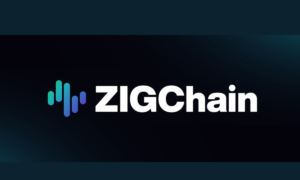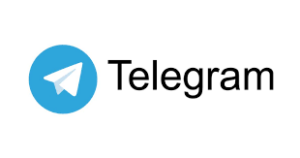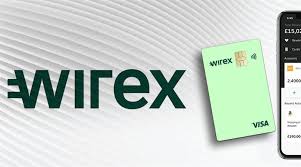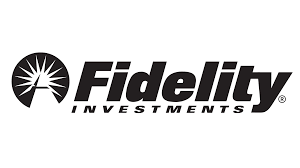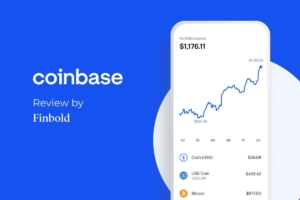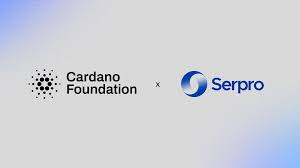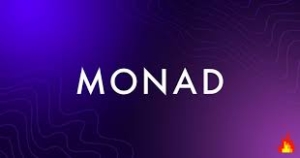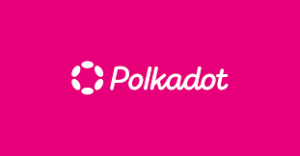ZIGChain Summit 2025 Reveals Shariah RWA Platform, $25M AI Fund, and June Mainnet Launch
The inaugural ZIGChain Summit 2025 brought together visionaries from all spheres of the TradFi, Web2, and Web3 world to unveil a bold new chapter in their mission to decentralized wealth generation. Held in Dubai, the event delivered three breakthrough announcements: the launch of Zamanat, a Shariah-compliant Real-World Asset (RWA) tokenization platform built on ZIGChain; a $25M Innovation Fund to support AI-powered finance tools; and the official mainnet go-live date set for June
